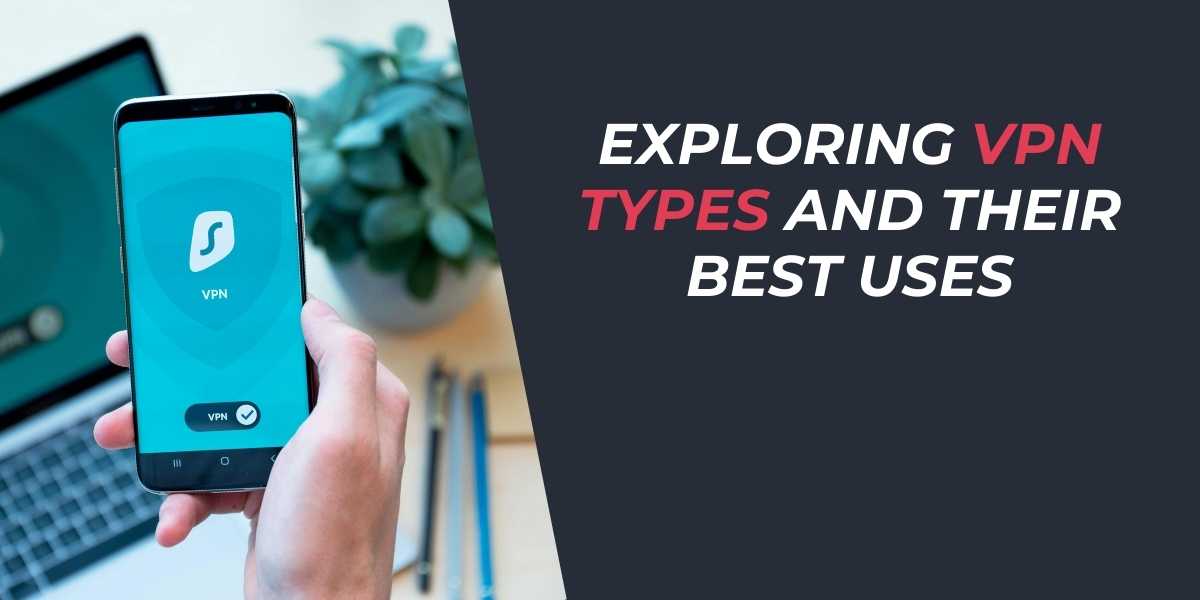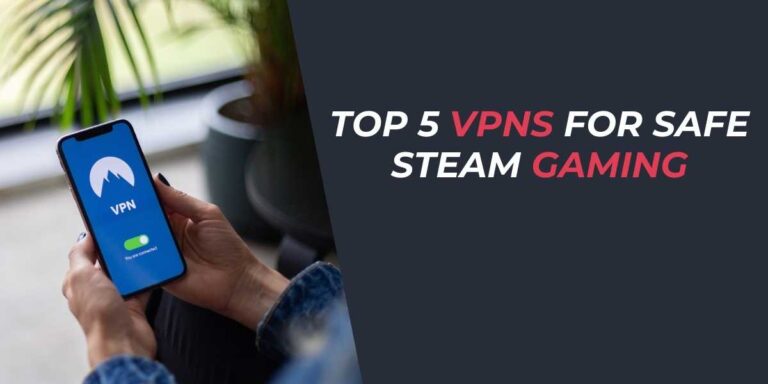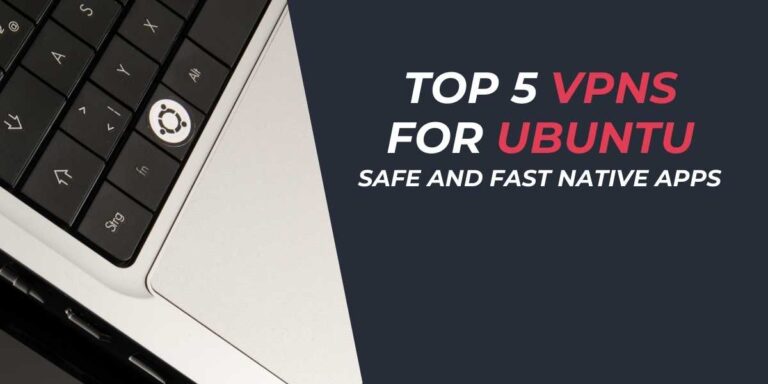Exploring VPN Types and Their Best Uses for 2025
Understanding the various types of Virtual Private Networks (VPNs) is crucial in choosing the right one to ensure online security and privacy. In 2025, as digital threats evolve, selecting the appropriate VPN depends on your activities, such as streaming, remote work, or securing a business network.
What Are VPNs and Why You Need Them
A VPN, or Virtual Private Network, creates a secure tunnel between your device and the internet. This encrypted connection ensures your data remains private and untraceable, even on public Wi-Fi networks. Using VPNs is about more than just privacy; they also offer the ability to bypass geo-restrictions, access global content, and maintain anonymity.
Main Categories of VPNs
VPNs can be primarily categorized into Remote Access VPNs and Site-to-Site VPNs. These categories encompass various subtypes, each tailored for specific environments and needs.
Remote Access VPNs
Designed for individual users, Remote Access VPNs enable secure connections to private networks from any location. Whether you’re at home, a coffee shop, traveling, or working remotely, these VPNs encrypt your data, ensuring privacy and security.
Personal VPNs
Personal VPNs are created for everyday users seeking to protect their online activities. They safeguard your internet connection and allow access to content globally. Perfect for streaming services, online shopping, and maintaining privacy across IoT devices, personal VPNs alter your IP address, making it appear as if you’re browsing from another location.
Mobile VPNs
These VPNs are optimized for mobile devices, ensuring stable, seamless connections across varying networks. Mobile VPNs adapt to changes in connectivity, switching from Wi-Fi to cellular networks or between different hotspots without dropping the VPN session.
- Use Cases: Secure browsing on smartphones and tablets.
- Functionality: Maintains a steady connection during network changes.
SSL VPNs
SSL VPNs use Secure Sockets Layer (SSL) protocol to provide secure connections directly through a web browser. This user-friendly approach allows you to easily connect to different networks from various devices, safeguarding data with robust encryption.
Site-to-Site VPNs
Ideal for businesses, Site-to-Site VPNs connect entire networks across multiple locations. These are essential for organizations needing secure, efficient data sharing between different branches or with external collaborators without compromising security.
Intranet-Based VPNs
This type of VPN connects various local-area networks (LANs) into a single wide-area network (WAN). Companies use intranet-based VPNs to interlink their networks, enabling seamless access to company resources across different physical sites.
Extranet-Based VPNs
Extranet-based VPNs facilitate secure communication with external partners, suppliers, or clients, allowing limited access to a company’s network while protecting sensitive information.
Cloud VPNs
Cloud VPNs provide secure access to cloud-based resources without relying on physical hardware. These VPNs are flexible, scalable, and perfect for companies utilizing cloud services, ensuring data security as it transits between your device and the cloud.
Common VPN Protocols
The effectiveness of your VPN often hinges on the protocol it employs. Different protocols offer varying speed and security levels, influencing the overall performance of your VPN connection.
| Protocol | Benefits |
|---|---|
| WireGuard | Speed and simplicity with modern encryption algorithms. |
| OpenVPN | Wide compatibility and robust security; open-source. |
| IKEv2/IPSec | Fast connection setups; ideal for mobile devices. |
| L2TP/IPSec | Encrypts data robustly; slight speed trade-off. |
Choosing the Right VPN for Your Needs
Selecting the best VPN depends on your specific online activities. For instance:
- Streaming: Opt for personal VPNs with servers in multiple countries to access geo-restricted content.
- Remote Work: Remote Access VPNs ensure secure connections to office networks.
- Business Use: Site-to-Site VPNs facilitate secure inter-office communications.
By understanding your needs, you can match them to the appropriate VPN type and protocol, ensuring both security and efficiency.
Conclusion
In an era where digital privacy is paramount, choosing the right VPN is more crucial than ever. By aligning your personal or business needs with the suitable VPN type and protocol, you maximize security while maintaining efficient connectivity. Make sure to consider the environments in which you operate to select the proper tool for safeguarding your internet experience in 2025.







